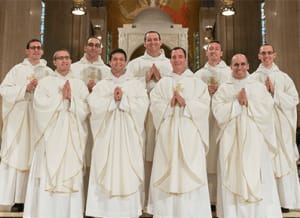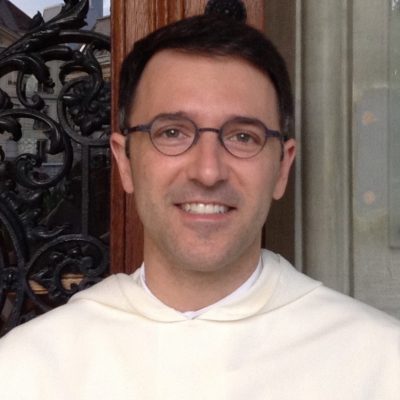Real Clear Religion: Thomism Is Ready for Its Close-Up
Thomism Is Ready for Its Close-Up
By: Fr. Aquinas Guilbeau, O.P.
As a centuries-old school of Christian philosophy and theology, Thomism rarely earns notice from the American media. Emails written in 2011 by operatives of Hillary Clinton’s campaign, however, have thrust Thomist thought into the national spotlight. In a year of unexpected political events, Thomism’s five minutes of fame is perhaps the most unexpected.
In one of the emails, John Halpin of the Center for American Progress mocks high-profile Catholics as pseudo-intellectuals. He complains to a receptive Jennifer Palmieri, Clinton’s current director of communications, that these Catholics “throw around ‘Thomistic’ thought and ‘subsidiarity’ and sound sophisticated because no one knows what the hell they’re talking about.” Surely Mr. Halpin understands now that some individuals do understand these terms, like the members of the editorial board of The Wall Street Journal. In an October 12th editorial, the board condemned Halpin’s and Palmieri’s blatant anti-Catholicism, defending subsidiarity’s intelligibility while, understandably, leaving Thomism “to the theologians” to explain. In the space left open by the Journal’s board, this Thomist theologian is happy to defend the Thomist tradition.
The Dominican Foundation of Dominican Friars Province of St. Joseph, Inc. is a NY State tax-exempt corporation under section 501(c) (3) of the Internal Revenue Code, with
Tax ID # 26-3273636.







